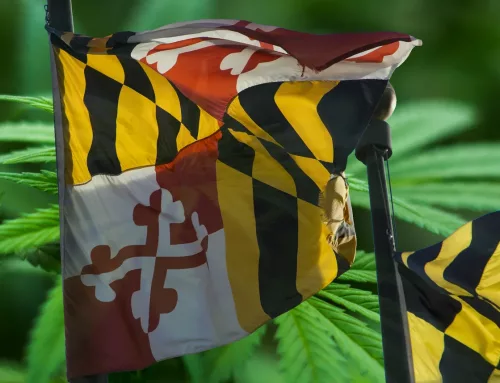New Horizon in Federal Drug Policy: Anticipated Rescheduling of Cannabis May Herald Transformative Changes
LOS ANGELES –In a move signaling potential transformative shifts in federal drug policy, the Department of Health and Human Services (HHS) has urged the Drug Enforcement Administration (DEA) to revisit the categorization of cannabis under the Controlled Substances Act (CSA). A recent elucidation by the Congressional Research Service (CRS) underscores that this suggestion, sparked by a directive from President Biden in 2022, might instigate substantial modifications in the existing regulatory framework governing cannabis in the United States.
On August 29, 2023, the HHS formally proposed to the DEA the possibility of moving cannabis from a Schedule I to a Schedule III classification, a gesture that could possibly bring state cannabis programs into greater harmony with federal policies. This recommendation follows an undisclosed FDA review which assessed the scientific and medical implications of cannabis usage, potentially establishing the groundwork for a significant revamping of federal drug policy.
The CRS report released on September 13 highlights a historical tendency of the DEA to adhere to FDA advice on scientific and medical evaluations, signaling a favorable inclination towards endorsing the recent HHS recommendation. Reflecting on past instances, the report referred to the DEA’s compliance with FDA’s advice on rescheduling Marinol to Schedule III in 1999, indicating a probable affirmative response to the current recommendation.
Transitioning to a Schedule III classification would signify a monumental shift in the federal stance towards cannabis, recognizing its medicinal potential while sustaining federal oversight. This transition might unfold a series of ramifications impacting various sectors including taxation, housing, visa processing, firearm accessibility, research initiatives, job opportunities, and military service requirements, coupled with modifications in DEA production quotas.
Furthermore, the prospective reclassification could potentially mitigate existing regulatory hurdles, fostering enhanced opportunities for research into cannabis. In light of these developments, Congress might explore diverse legislative avenues, encompassing the retention of the current Schedule I status or a complete removal from the controlled substances roster, necessitating increased resource allotment to agencies such as the FDA and USDA to safeguard product quality and safety within state markets.
As the nation braces for a potential landmark shift, the DEA’s impending decisions are keenly awaited. This moment could mark the dawn of a new era characterized by a harmonized approach between state cannabis initiatives and federal guidelines, nurturing a conducive environment for research and recognizing the medicinal facets of cannabis, while assuring regulated and secure market operations.




































